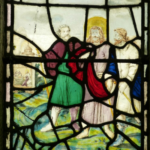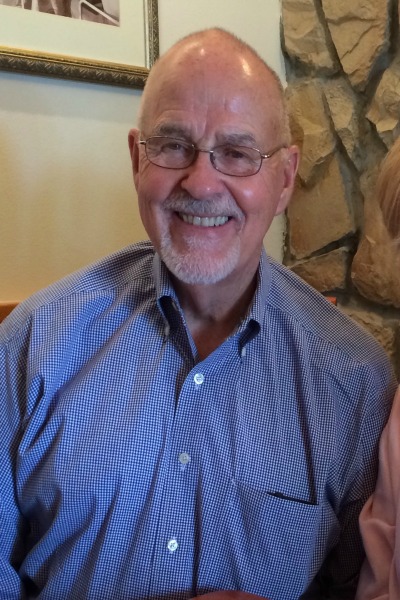Present but Absent
“Do not be conformed to this world, but be transformed by the renewal of your mind, that by testing you may discern what is the will of God, what is good and acceptable and perfect” (Romans 12:2 ESV).

Many men are inherently competitive. We want to be the best at what we do. It pushes us to harvest the largest buck deer, catch the biggest fish, or grow the largest tomato. We even compete in fantasy football. A competitive nature helps us climb the ladder at work. This inner drive has helped us to be financial providers for our families. However, many men do not realize that they have other roles in the family besides financial.
I have talked to many men over the years that feel torn between responsibilities at work and home. They struggle to find a balance between the two. I have also talked to many men that have expressed an inner emptiness. Life is boring and seems to have no real purpose. Many of these men are very successful businessmen and want for no material items
Today’s professional demands are tough. Young professionals are traveling more for work today than any other time in history. The competition in the market is tough both within your own company for promotions and from competitors for sales. Many men will embrace the competition, either willingly or unwillingly and spend evenings and weekends at work to get ahead.
Sadly, these men are often absent when they are present with their families. Their minds are preoccupied with work, their fingers are busy texting on their phones, or their phone is glued to their ear. They are conformed to this world. The Apostle Paul teaches us, “Do not be conformed to this world, but be transformed by the renewal of your mind, that by testing you may discern what is the will of God, what is good and acceptable and perfect” (Romans 12:2). I think it is admirable to do your best at work. Paul also instructed, “Whatever you do, work at it with all your heart, as working for the Lord, not for human masters, since you know that you will receive an inheritance from the Lord as a reward. It is the Lord Christ you are serving” (Colossians 3:23-24).
Working hard at work is admirable and good, especially if you are working as if for the Lord. However, remember the old adage, “On their death bed, no one ever wished they had spent more time at work.” I am not suggesting that you spend less time at work or more time at work. I am suggesting that you not only use your natural competitive spirit at work but also at home. Try to be the best father and husband that you can be. I saw a recent episode of Dr. Phil where he encouraged men to be a provider, protector, leader, and teacher for his family. I suspect that Retired U.S. Army Lt. Gen. Jerry Boykin would agree since they are both saying essentially the same thing. So, continue to do your best at work but remember to do your best at home too!
Prayer: Dear God: We want to provide for our families. Help us remember that all we have now and in the future is a blessing from you. Help us to do our best at work and at home. Amen.
Meet the Author
Todd Shupe is a Men’s Ministry Specialist under the direction of the General Commission of United Methodist Men and is concurrently in training to become a Lay Minister under the Louisiana Conference of the United Methodist Church. He enjoys writing inspirational Christian blogs at ToddShupe.com and Todd-Shupe.com .
Thank you for visiting. We trust that you have enjoyed reading our articles.






































